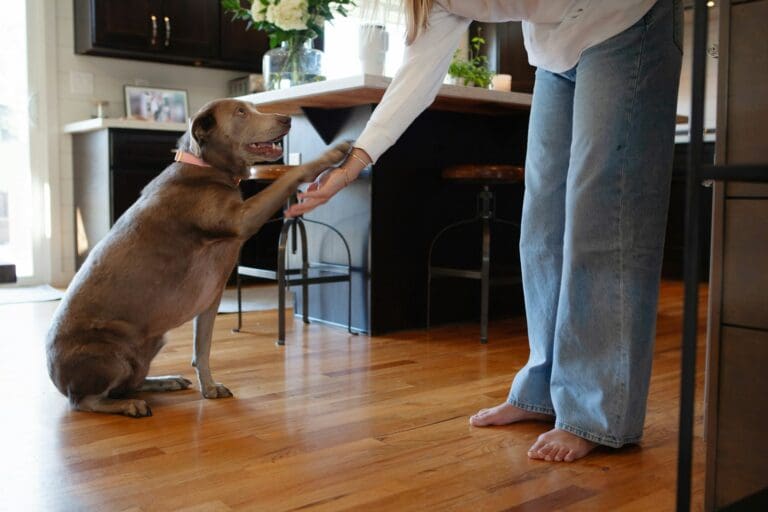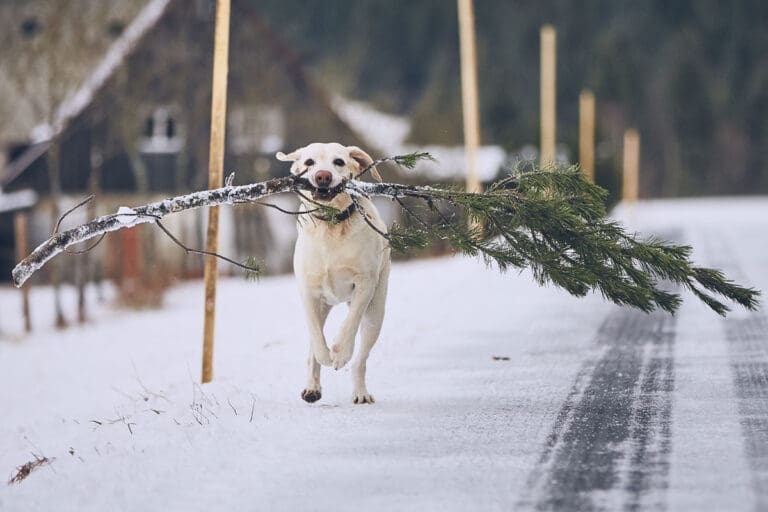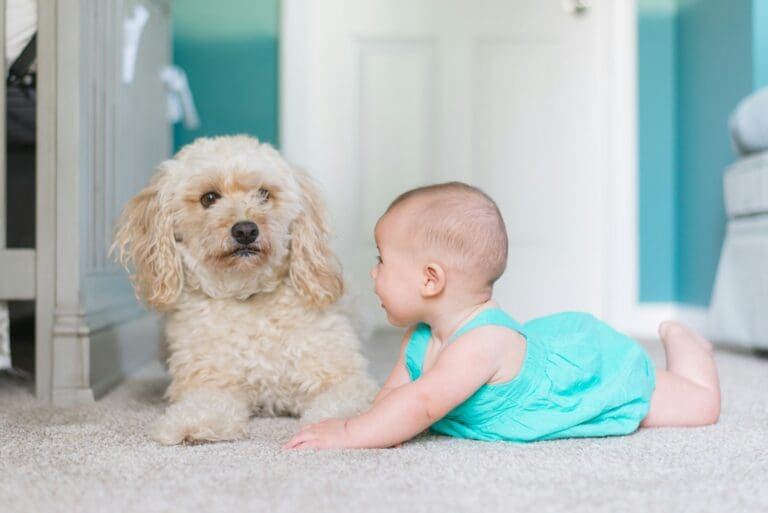In This Article…
• Dogs and cats do catch colds and flu.
• Dogs can’t catch human colds, but cats can, while dogs have their own form of colds and flu.
• Learn about the viruses cats and dogs can catch, and what to do if your pet becomes ill.
Cats and Dogs Can Catch Colds and Flu

Simply put, dogs and cats can catch colds and flu. However, there are differences between some of the viruses that these dogs and cats contract and can spread as opposed to humans.
Generally speaking, the viruses that give dogs and cats colds do not affect humans. The types of viruses that give humans colds and flu mostly don’t affect dogs but do affect cats.
Covid and Your Pets

In terms of COVID-19, the Centers for Disease Control and Prevention (CDC) states that the virus can spread from people to animals during close contact. However, the risk of animals spreading the virus to humans is low. Pets can also get serious illness from the infection, but it is extremely rare.
Cats Can Catch Colds From Humans

Cats are capable of catching a human cold, or rhinovirus. Therefore, anyone who is sick should avoid cuddling with their cat.
When contracting a virus that causes “a cold,” it is usually due to either the herpesvirus or the calicivirus.
Dog-Specific Colds and Flu

Dogs are not capable of catching a human cold, or rhinovirus. They usually catch what is generically called “a cold” but can be any one of several different viruses. Some of these are:
- Canine respiratory coronavirus
- Canine adenovirus type 2
- Canine parainfluenza virus
- Bordetella (commonly called kennel cough)
How Dogs and Cats Catch Colds
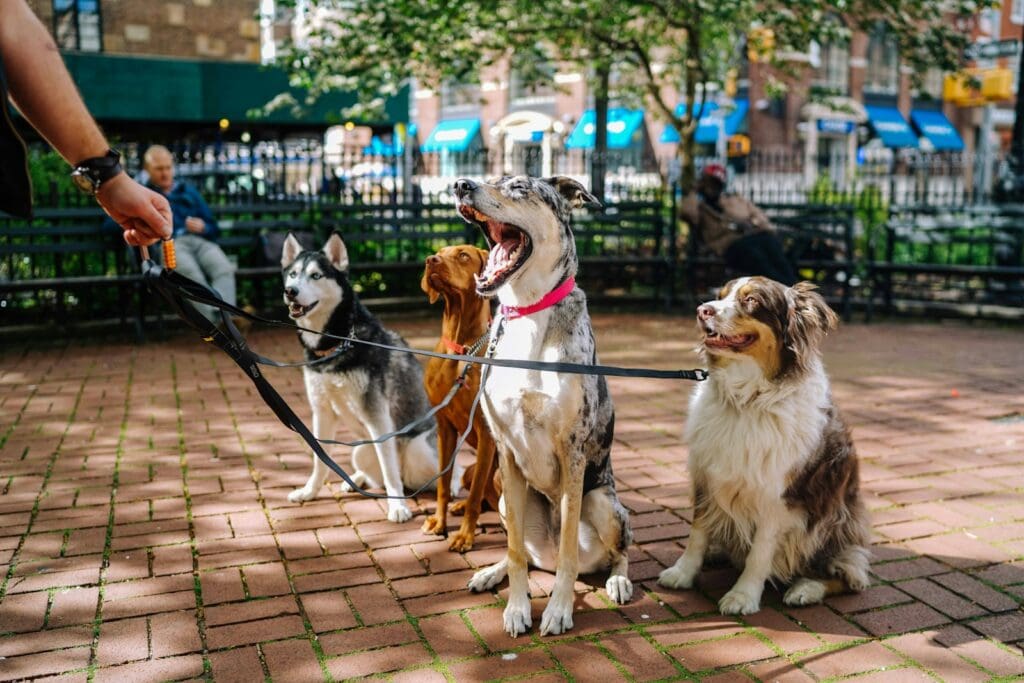
Humans catch colds from coming in contact with others who are infected with a virus. The same applies to animals.
Dogs and cats can catch colds when they come into contact with infected animals, or where another animal has left a live virus behind.
Some of the most common places animals contract cold and flu viruses are the groomer, pet boarding facilities, dog parks, training facilities, during a walk, or coming into contact with contaminated surfaces.
Read More: Common Cat Noises and What They Mean
What Are the Symptoms of a Cold in a Dog or Cat?
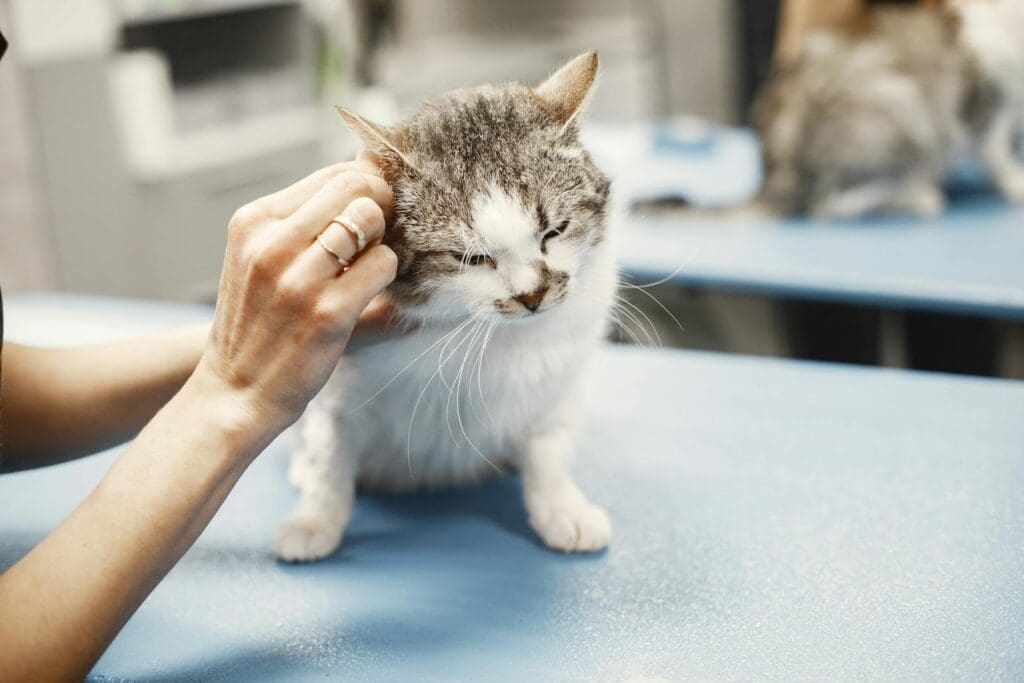
The symptoms dogs and cats exhibit when they catch a cold are exactly like humans. They can experience the following:
- Watery eyes
- Discharge from their noses
- Having labored or “wet” breathing from congestion
- Sneezing
- Exhibiting lethargy
The symptoms of a cold in a dog or cat typically last 5-10 days and should resolve on their own.
Caring for a Dog or Cat With a Cold
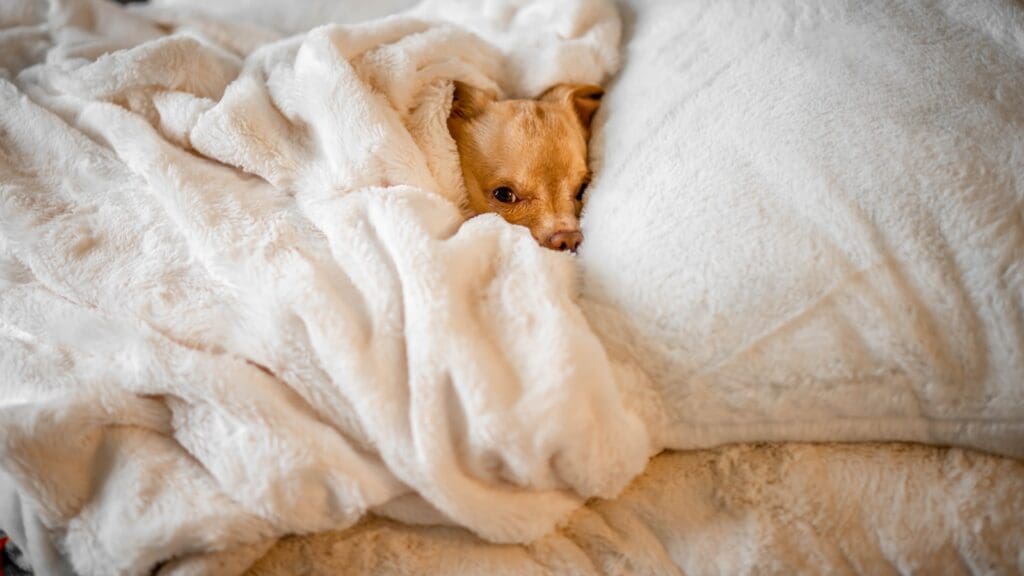
Like with humans, most pet colds can be cared for at home. Here’s what to do.
- Provide them with plenty of fresh water
- Ensure that your cat or dog has wholesome nutrition
- Wipe away discharge from their noses
- Allow them as much rest as possible
- If significantly congested, provide humid air or use a humidifier
- Isolate sick pets from healthy ones if possible
Cats will often retreat to a quiet place when they get a cold. Allow them to do this, but monitor their condition.
Likewise, your dog may not feel like engaging in its usual activity, even declining to go for a walk. Allow your pet to rest.
Kennel Cough
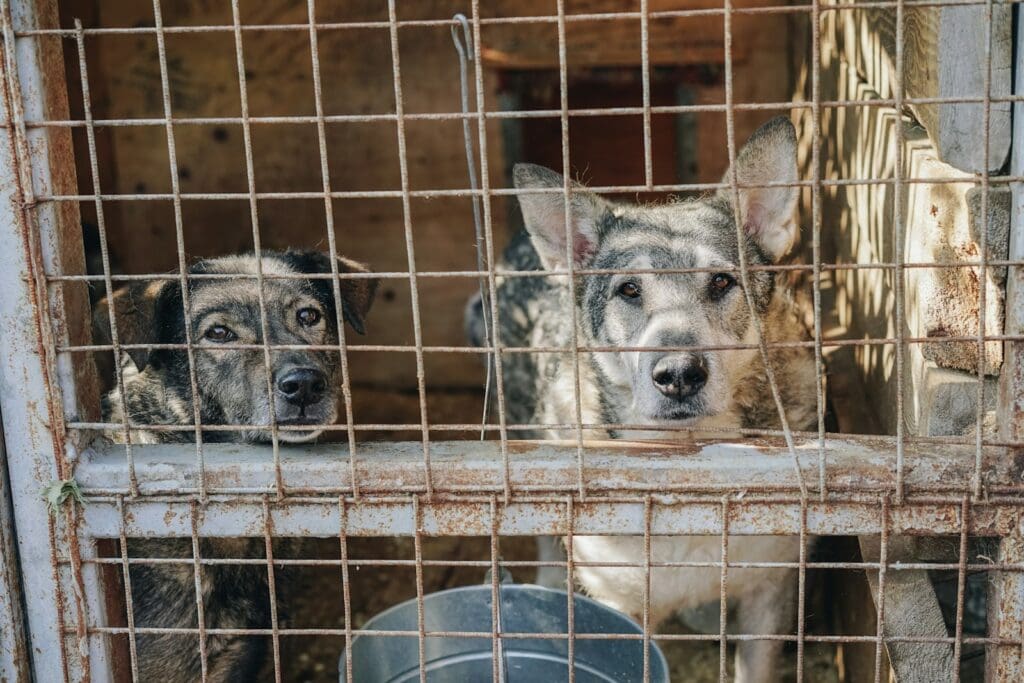
Kennel cough, also known as infectious bronchitis, is distinguished by a loud, hacking cough, or a dry-sounding, spasmodic cough. It is a highly contagious upper respiratory infection. The name refers to the fact that dogs often catch it from others when they spend time in a kennel. Dogs usually recover within two weeks, but in severe cases, pneumonia can develop.
Kennel cough should be addressed by a veterinarian if symptoms don’t improve and seem to worsen in three days. Look for retching and coughing up a white foamy discharge. Vaccinations can help prevent kennel cough.
When to Seek Veterinary Care
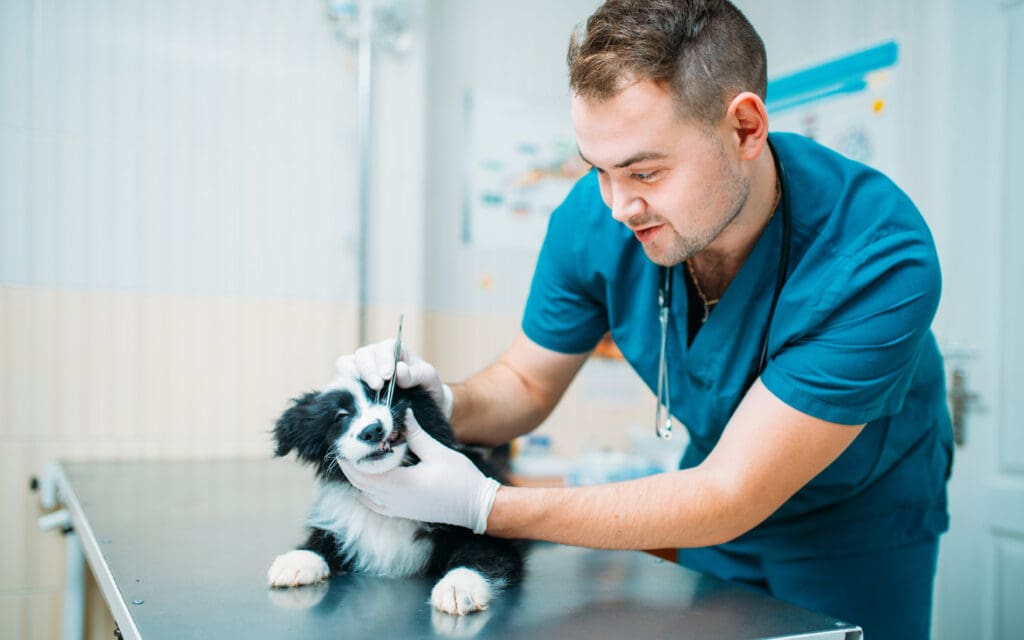
There are certain types of behavior to watch out for that indicate you should take your pet to a veterinarian for an examination. Look for the following signs:
- Stops eating or drinking
- Acts overly lethargic
- Appears to be in pain
- Demonstrates difficulty breathing
- If the symptoms last more than 10 days
Keep in mind that the symptoms of a cold can appear similar to more serious diseases.
Read More: Strange Dog Behaviors and Warning Signs to Watch For


